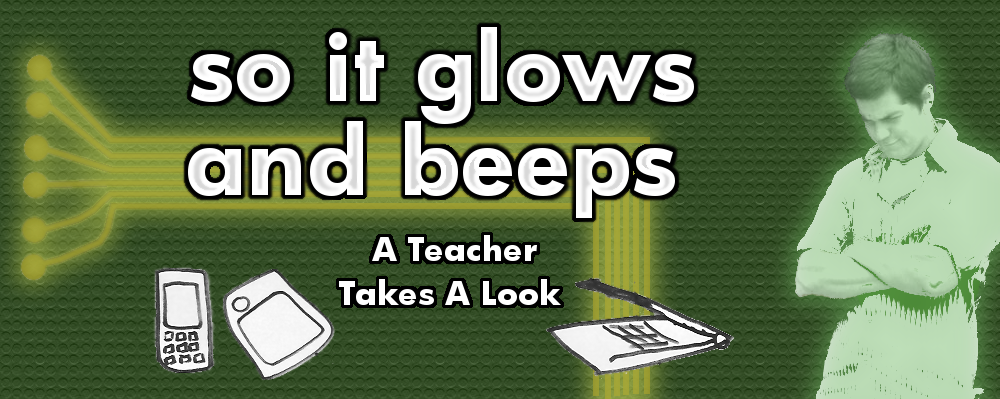In this post, we'll take a look at what happens if two social media software forces on the horizon merge onto some hapless citizen's computer screen. Heaven help us all.
RockMelt Gives You More Stuff To Do At Same Time
Netscape-person Marc Andreeson is backing a new internet browser, RockMelt, that's driven by the power of social media. It's built off of the same thing that gives us Google Chrome, but this time the sides of your screen will be loaded down with all the social media shortcuts you could possibly need in a hot second. Hang on... I need to Tweet that, Like it, and Post it to my profile right now.
 |
| Google Chrome = Gas Powered Mini-Cooper Fun, lightweight, and gets you there without costing battery life |
One RockMelt tester reported that all the excess live activity made him feel twitchy, like having too much caffeine. It seems that for everything you might do on the internet there are 30 responsive actions you can take to let everyone know that you did it. One second... I need to Share it, Friend it, and save it to my queue right now.
Well, imagine if this was combined with other news, like say for example:
Facebook Awakens Sleeping Gmail Killer
In a move that's called “Project Titan” by those on the inside and the “Gmail Killer” by those on the outside, Facebook seems to be opening up a new portal into a seamless social-media-driven email client. This will let you have an email address ending in @facebook.com, and it will presumably further merge your personal and your social lives, so everyone will be all up in your business.
Caution: Checking Facebook Email on RockMelt May Rip Space-Time Continuum
If you find yourself with plugs running from your upper spine down one arm to a USB port while in the other arm you have a coffee needle slow-dripping into your arteries, you may be going too fast. In fact, your brain speeds may reach critical mass and threaten the fabric of space and time. A tiny black hole could invisibly open, right behind your computer screen, and it will suck all of your brain power through it to the other side of the unknown reaches of the universe.
Is All This Constant Brain Activity Making Me Better?
According to some reports, excessive and constant multitasking can actually make you do everything worse. One family suffered from burned cookies, dropped grades, and a $1.3M business deal nearly lost. Think about it: Are you getting more done? Hold up for one minute... I need to poke it, Buzz it, Yelp it, and tell everyone I know. Right Now.
Thirty of your friends like this. Do you like it too?















